Have you ever noticed how your cat always knows when you’re about to head to the kitchen or settle down for a nap? It’s almost as if they have a sixth sense for your daily routines. This mysterious ability isn’t just adorable—it’s deeply connected to how safe and secure your feline friend feels in your home. For cat lovers everywhere, understanding what makes our cats feel secure can help us build stronger, more loving bonds with them. Let’s unravel the captivating world of feline behavior and discover why predictability might just be the secret ingredient to your cat’s happiness.
The Mysterious World of Cat Security

Cats are natural-born observers. Their sense of security is rooted in their ability to understand and anticipate their environment. When a cat feels safe, it will relax, explore, and show affection. But when their world becomes unpredictable, anxiety can quickly take hold. Familiar patterns and routines help cats feel grounded, allowing them to trust the people and spaces around them. Think of a cat’s sense of security like a child’s favorite blanket—predictability is comforting. Your cat’s ability to predict your movements is a crucial piece of this emotional puzzle.
Understanding Feline Instincts

At their core, cats are hunters and survivors. In the wild, being able to predict the actions of others could mean the difference between life and death. Domesticated cats retain these instincts, using them to assess their home’s safety. When your movements are predictable, your cat feels less threatened and more at ease. This is why sudden changes in your behavior can startle them. They crave routines because it gives them a sense of control in a world that could otherwise feel chaotic.
The Importance of Routine

Cats thrive on routine. Feeding times, play sessions, and even your bedtime routines are all noted by your cat. Predictability in your actions allows your cat to anticipate what comes next, reducing stress and promoting relaxation. If you’ve ever changed your schedule and noticed your cat acting out, you’ve seen firsthand how important routine is for their well-being. Consistent patterns make them feel like they’re in sync with their family, deepening their sense of security.
How Cats Read Human Behavior
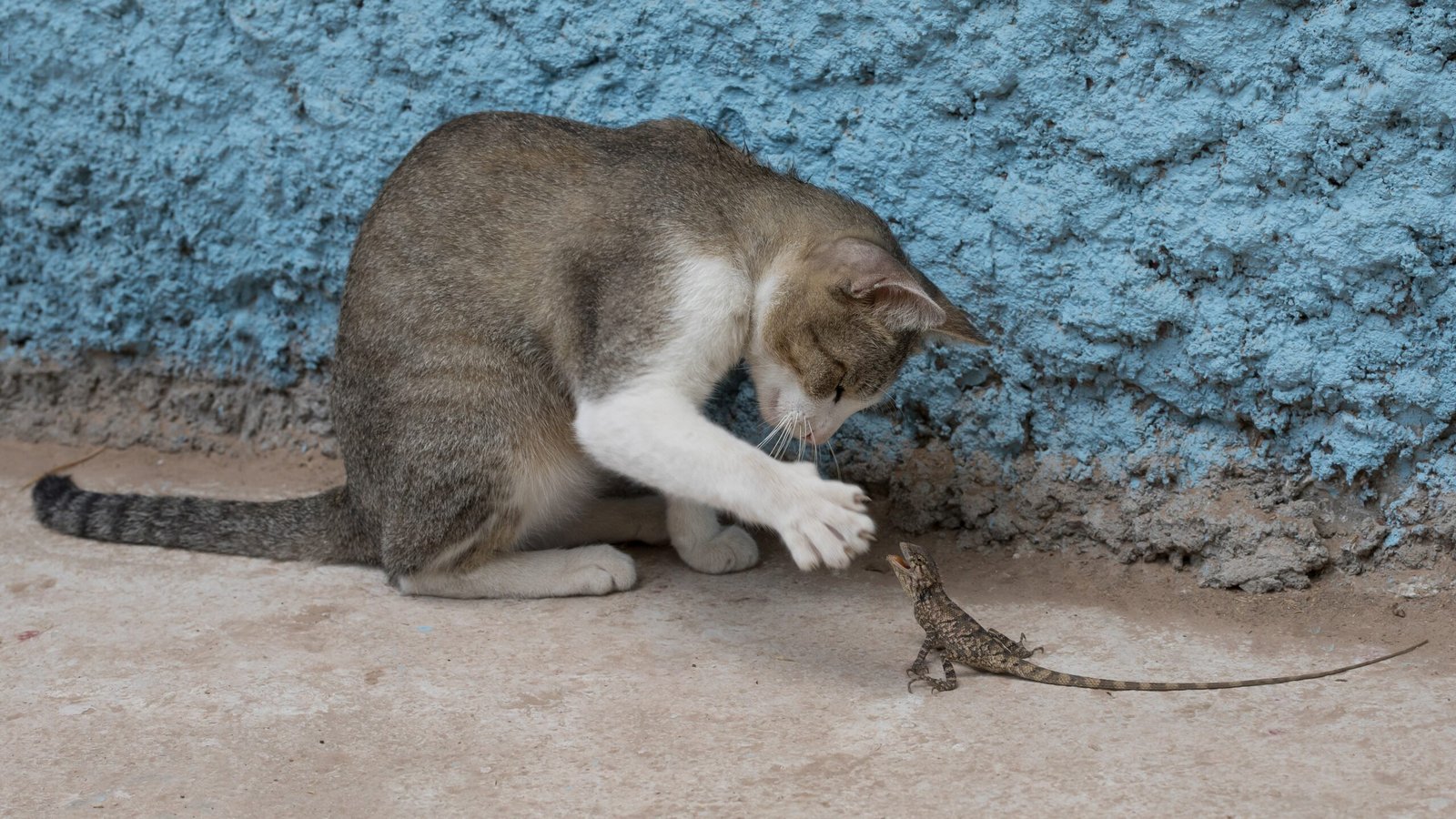
Cats are experts at picking up subtle cues from their humans. From the sound of your footsteps to the jingling of your keys, they learn to associate specific actions with certain outcomes. Over time, your cat becomes a master at reading your body language and predicting what you’ll do next. This ability isn’t just a party trick—it’s a survival skill that helps them feel safe and secure. A cat that can successfully predict your movements is more likely to trust you and feel comfortable in your presence.
Predictability and Trust

Trust is the foundation of any strong relationship, and predictability plays a big role in building trust with your cat. When your actions are consistent, your cat learns that you are reliable and safe. This trust is shown through behaviors like following you around, sleeping near you, or even exposing their vulnerable belly. When your cat predicts your movements correctly, it reinforces their belief that you’re a trustworthy companion.
Signs Your Cat Feels Secure

A secure cat displays a range of relaxed behaviors. They may stretch out in the open, purr loudly, or gently blink at you. You might notice your cat grooming themselves or sleeping in vulnerable positions, like on their back. These are all indications that they feel safe and confident in their environment. When your cat correctly predicts your actions and responds with calmness, it’s a clear sign that your routine brings them comfort.
When Predictability Breaks Down
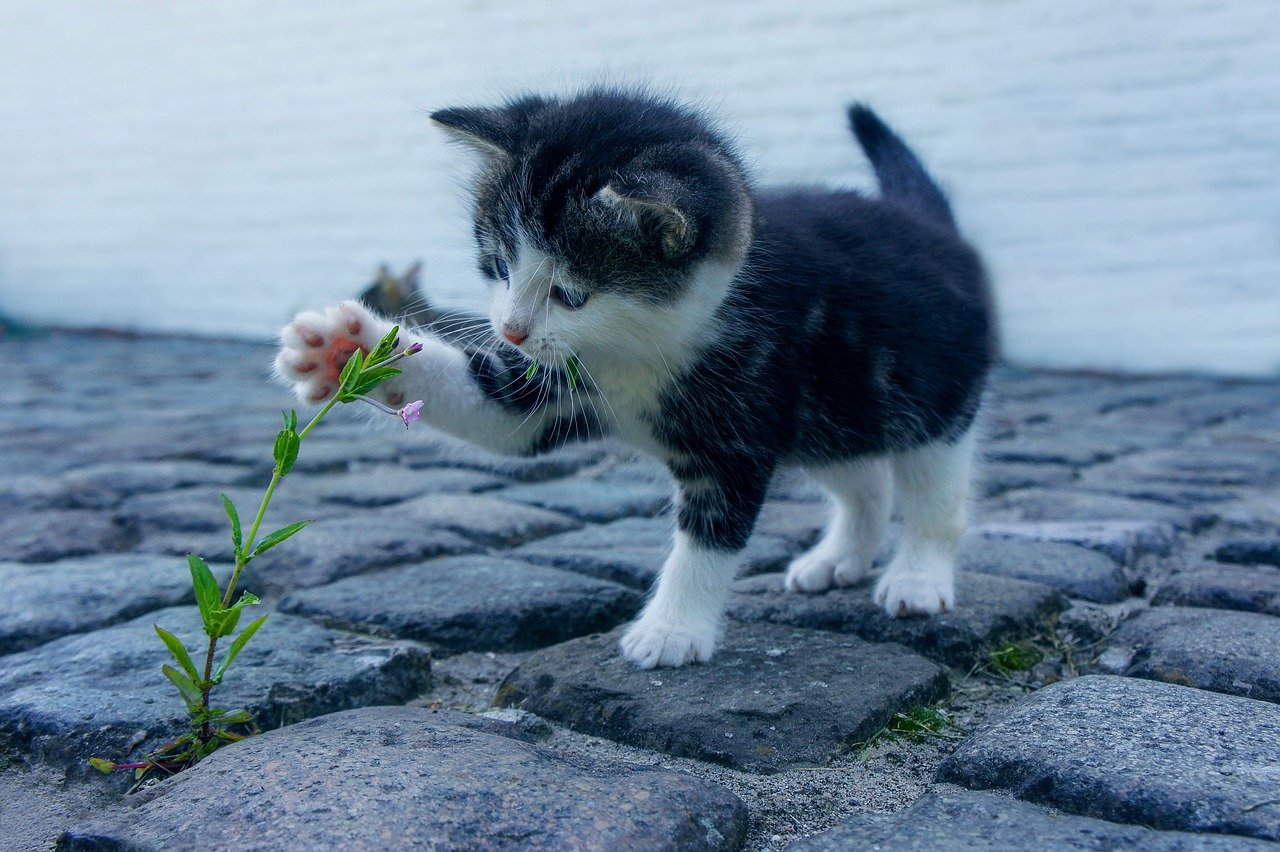
Life is full of surprises, and sometimes our routines get disrupted. Cats can become anxious when their ability to predict your movements is challenged. This might show up as hiding, excessive grooming, or even aggression. If you notice your cat acting out after a change in your schedule, it’s likely because their sense of security has been shaken. Understanding this can help you approach these behaviors with empathy and patience.
The Role of Scent and Sound

Cats rely heavily on their senses to predict what’s about to happen. The scent of your perfume, the sound of your shoes, or the hum of your car can all signal to your cat what’s coming next. These sensory cues become part of their daily routine, helping them prepare for your arrival or departure. When these familiar signals are present, your cat knows what to expect, adding another layer of security to their day.
Consistency in Interaction

Not only do cats love routine, but they also thrive on consistent interactions. If you always greet your cat in the morning or play with them after dinner, these repeated actions make your cat feel valued and safe. Sudden changes in how you interact—such as ignoring them or being overly rough—can create confusion and anxiety. Gentle, predictable interactions help your cat feel secure and loved.
Creating a Predictable Environment
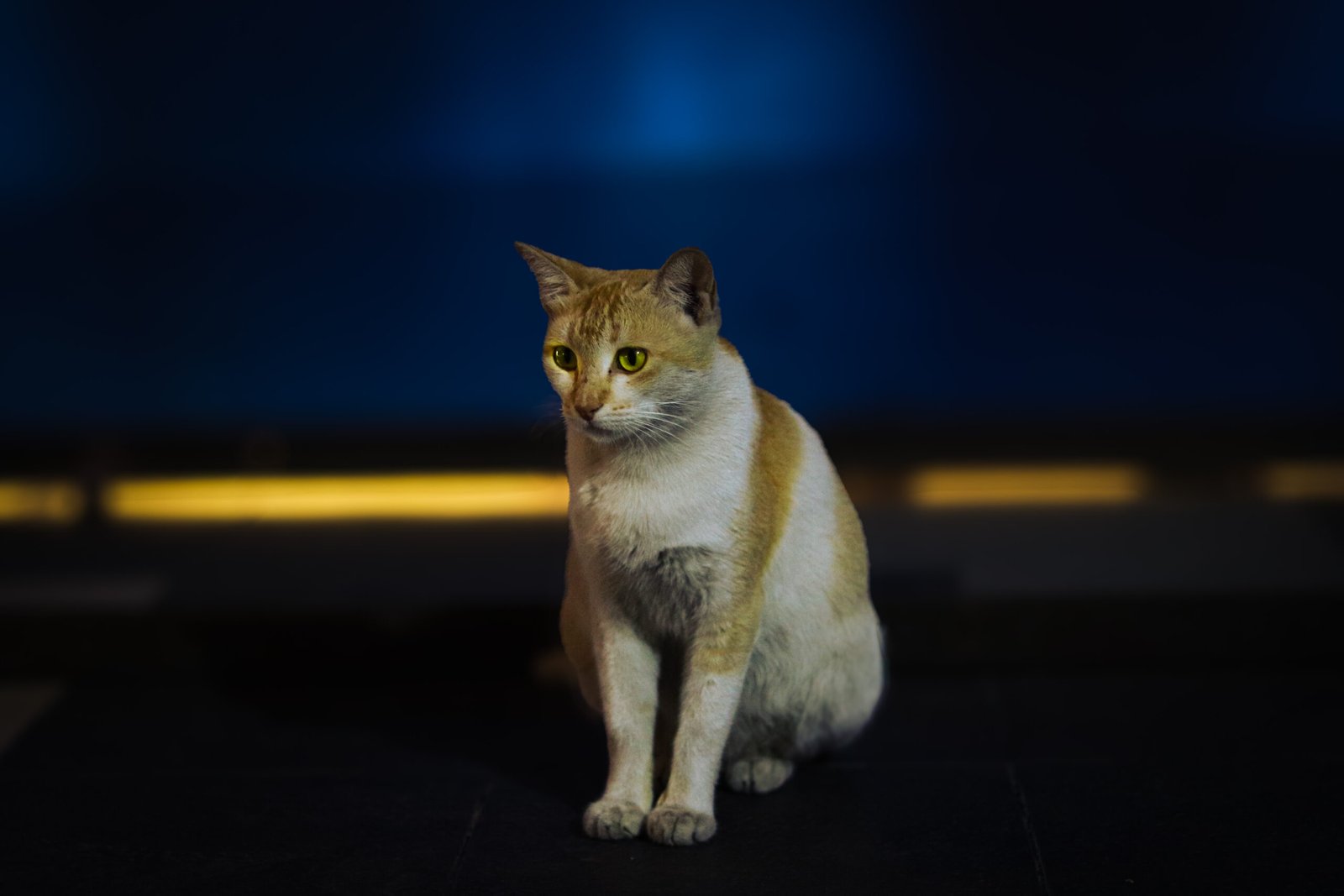
You can help your cat feel safer by maintaining a predictable environment. This means keeping their food and water bowls in the same spot, providing regular meal times, and offering familiar sleeping areas. Even small changes, like moving furniture, can unsettle a sensitive cat. By keeping their world as stable as possible, you’re giving them the security they crave.
The Impact of New Family Members

Introducing new people or pets into the household can throw your cat’s sense of predictability into chaos. This change can make them feel insecure and anxious. If you’re bringing home a new baby or adopting another pet, try to maintain your cat’s routines as much as possible. Gradual introductions and plenty of reassurance can help your cat adjust and regain their sense of security.
Dealing with Unexpected Changes
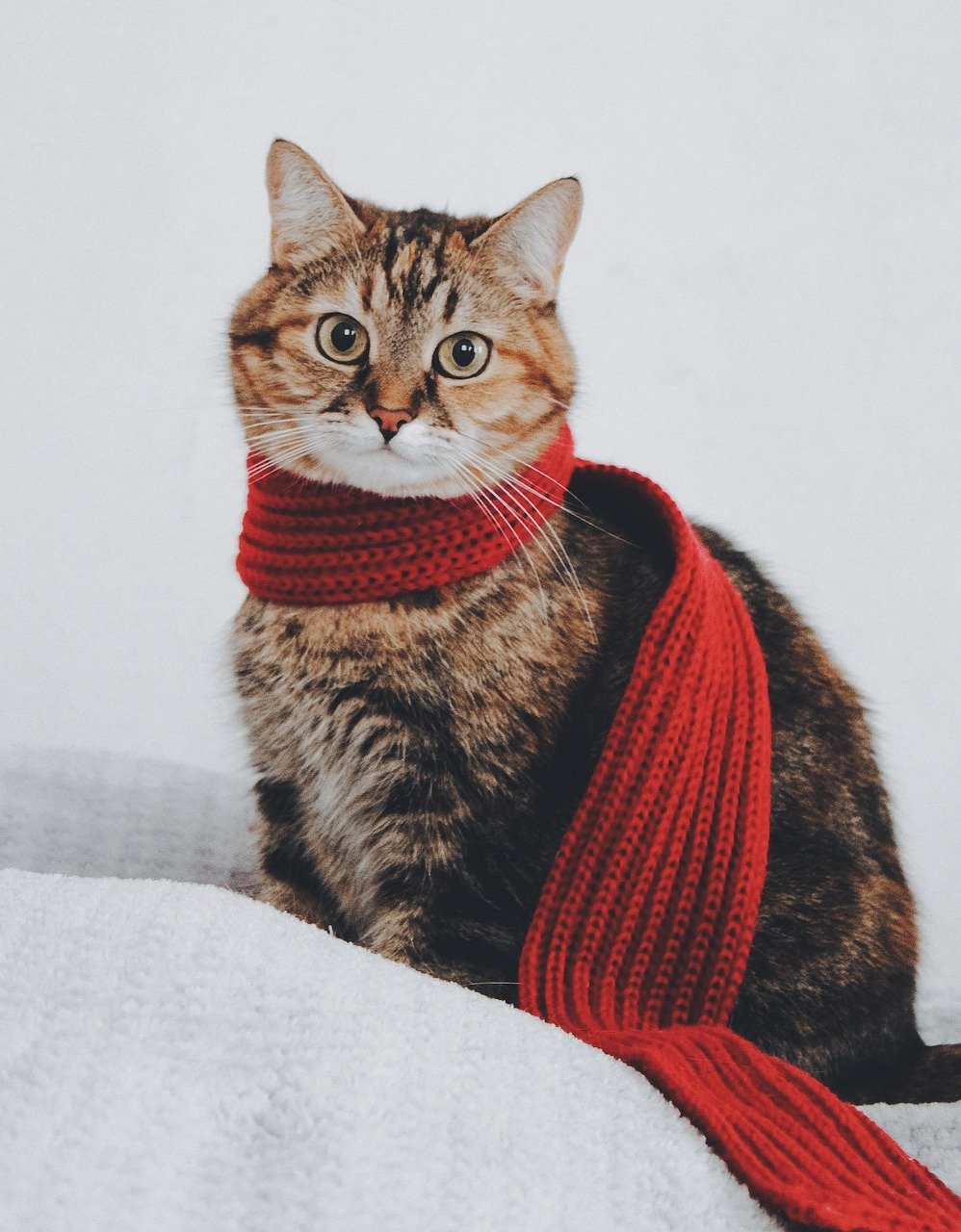
Sometimes life throws curveballs—moving homes, changing jobs, or going on vacation. These disruptions can make your cat feel lost and unsure. During these times, try to keep some elements of routine intact, like feeding times or favorite toys. Comforting your cat with familiar scents or items can help ease their transition and restore some predictability.
How Cats Communicate Their Needs

Cats have their own ways of telling us when they feel insecure. They might meow more, hide, or seek extra attention. Paying close attention to these signals can help you understand when your cat needs more predictability. Responding with patience and consistency reassures your cat that you’re there for them, no matter what changes may come.
The Power of Play
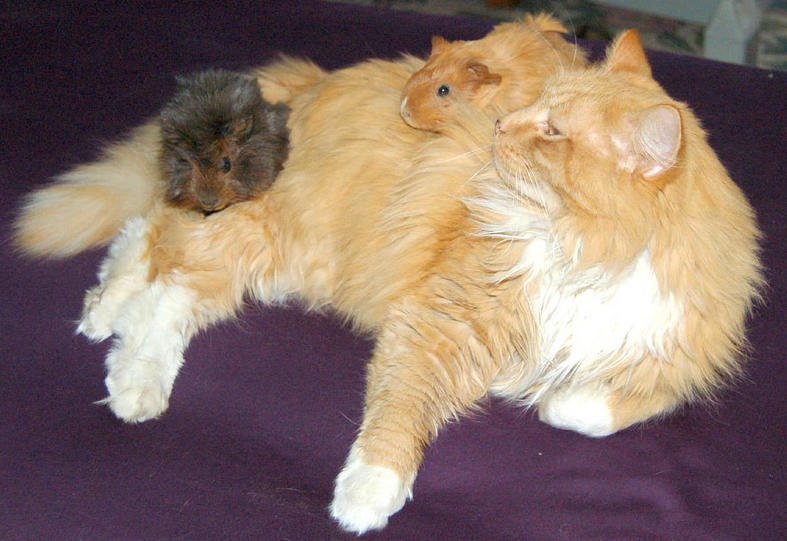
Scheduled playtime isn’t just fun—it’s essential for your cat’s emotional health. When your cat knows they can rely on regular play sessions, it builds their confidence and reduces stress. Toys that mimic prey, like feather wands or laser pointers, tap into their natural instincts and give them a sense of control. Predictable play routines are a powerful way to strengthen your bond and boost your cat’s sense of security.
Feeding and Food Rituals

Most cats quickly learn the sound of a can opening or the rustle of a treat bag. Feeding routines are deeply comforting for them. Having meals at the same time and in the same place each day helps your cat feel anchored in their environment. Sudden changes in their feeding schedule can create confusion and stress, so try to keep mealtimes as predictable as possible.
How Predictability Affects Multi-Cat Households
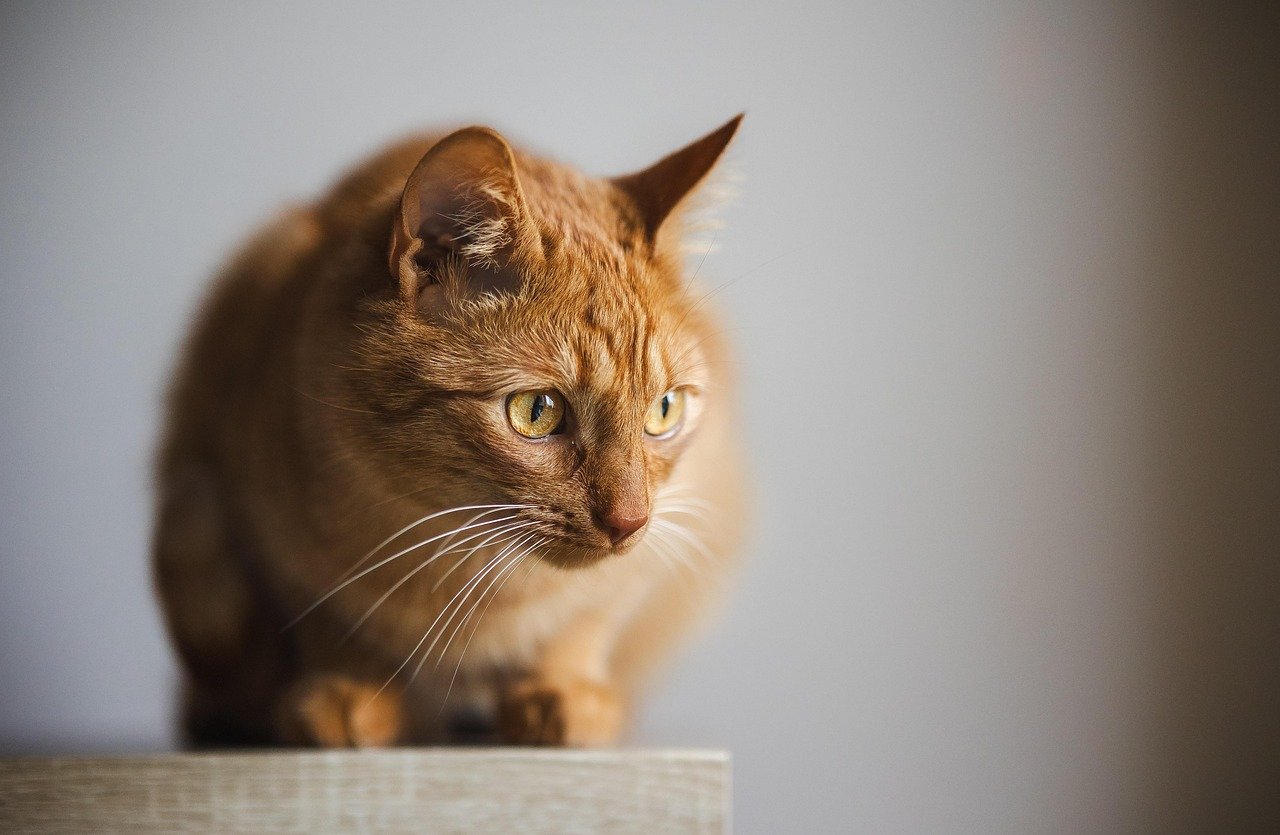
In homes with more than one cat, predictability becomes even more important. Cats are territorial animals, and a stable environment helps reduce competition and stress. Make sure each cat has their own space, food bowls, and litter boxes. Keeping routines consistent can prevent conflicts and help all your cats feel secure.
Travel and Separation Anxiety
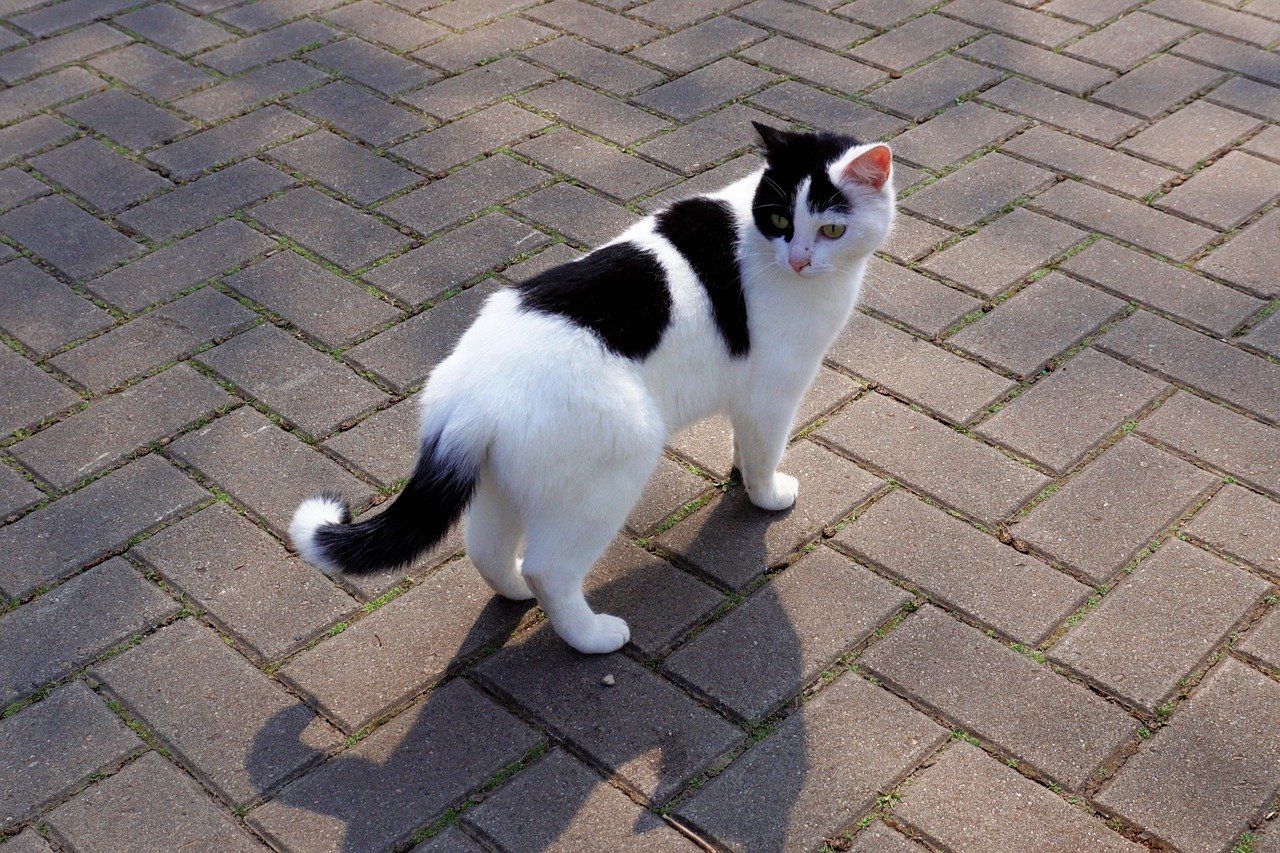
Leaving for a trip or being away from home can upset your cat’s sense of predictability. Cats may act out by vocalizing, refusing food, or hiding. If you must be away, leaving behind familiar items like your worn clothing or a favorite blanket can provide comfort. Ask pet sitters to maintain your usual routines to help ease your cat’s anxiety while you’re gone.
Recognizing Stress in Cats
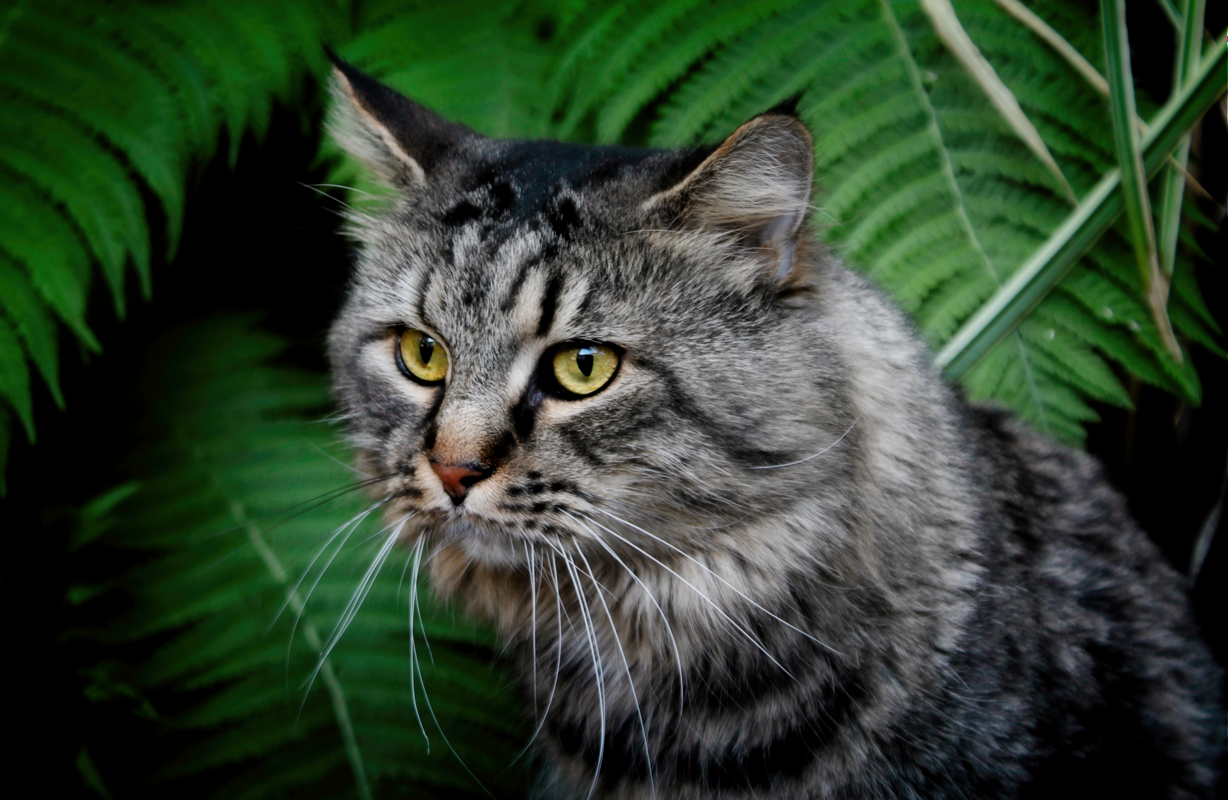
Even the most confident cats can show signs of stress when their routines are disrupted. Watch for changes in eating, grooming, or litter box habits. Increased aggression or withdrawal can also signal that your cat is feeling insecure. By recognizing these signs early, you can take steps to restore predictability and comfort in their world.
Helping Shy or Anxious Cats

Some cats are naturally more sensitive to changes than others. For these shy or anxious cats, predictability is even more crucial. Providing plenty of hiding spots, maintaining routines, and using gentle voices can help them feel more at ease. Patience is key—over time, consistent behavior from you can help even the most timid cats feel secure.
Building a Stronger Bond Through Predictability
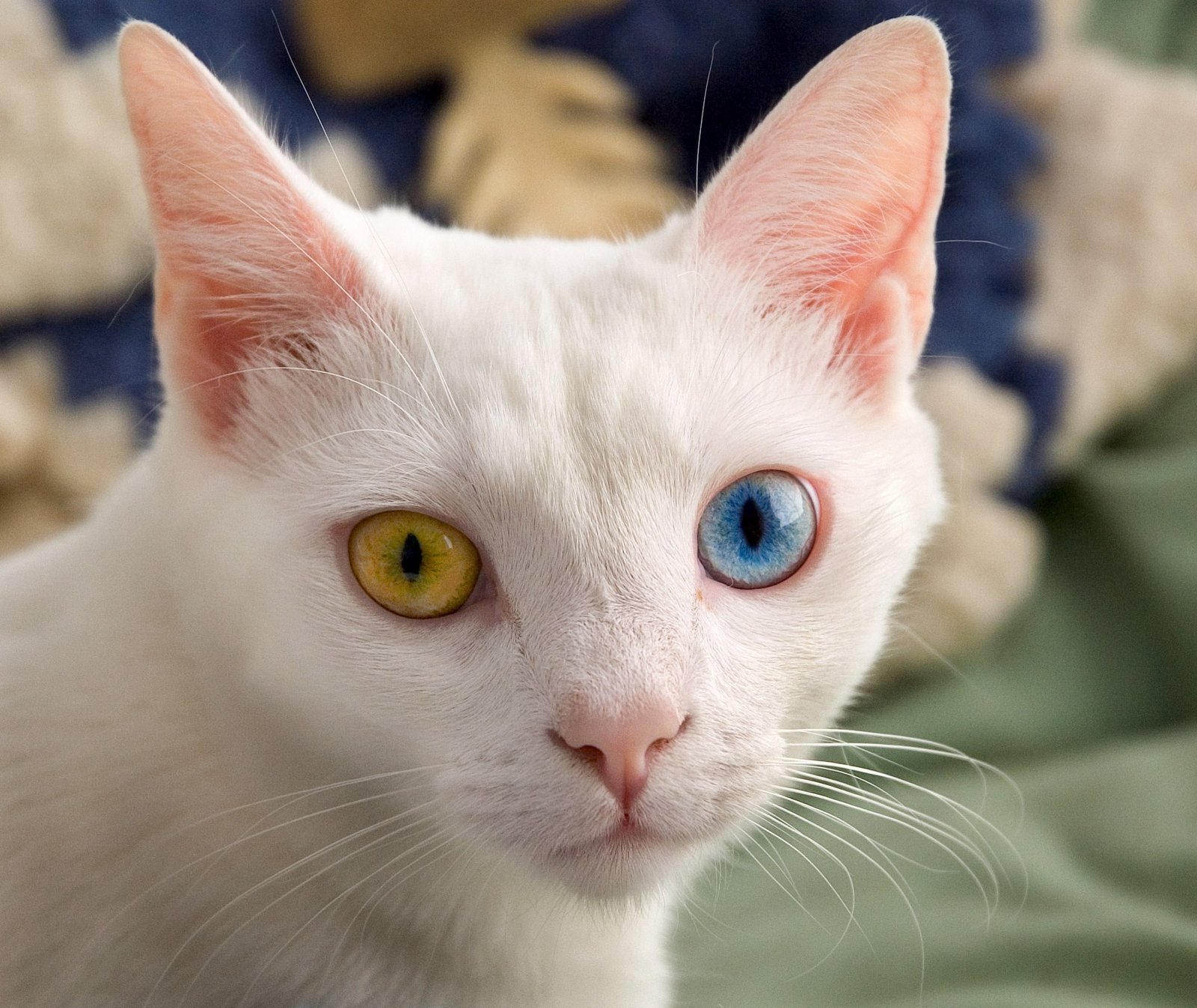
When your cat can trust what comes next, they are more likely to show affection and seek your company. Predictable routines aren’t just comforting—they’re the foundation of a deep, trusting relationship. By tuning into your cat’s needs and providing a steady environment, you’re giving them the greatest gift of all: the feeling of true security.
Hi, I’m Bola, a passionate writer and creative strategist with a knack for crafting compelling content that educates, inspires, and connects. Over the years, I’ve honed my skills across various writing fields, including content creation, copywriting, online course development, and video scriptwriting.
When I’m not at my desk, you’ll find me exploring new ideas, reading books, or brainstorming creative ways to solve challenges. I believe that words have the power to transform, and I’m here to help you leverage that power for success.
Thanks for stopping by, Keep coming to this website to checkout new articles form me. You’d always love it!






